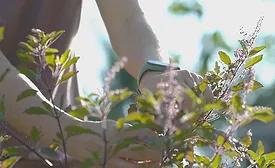Outbreak Investigations of Cyclospora cayetanensis Infections 2013–2020: Progress Made and Challenges Remaining
Recurring outbreaks of cyclosporiasis underscore the need for a comprehensive understanding of how Cyclospora cayetanensis contaminates water and produce
Read More
